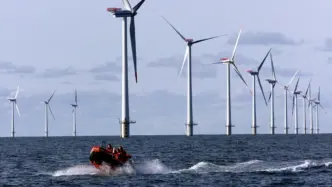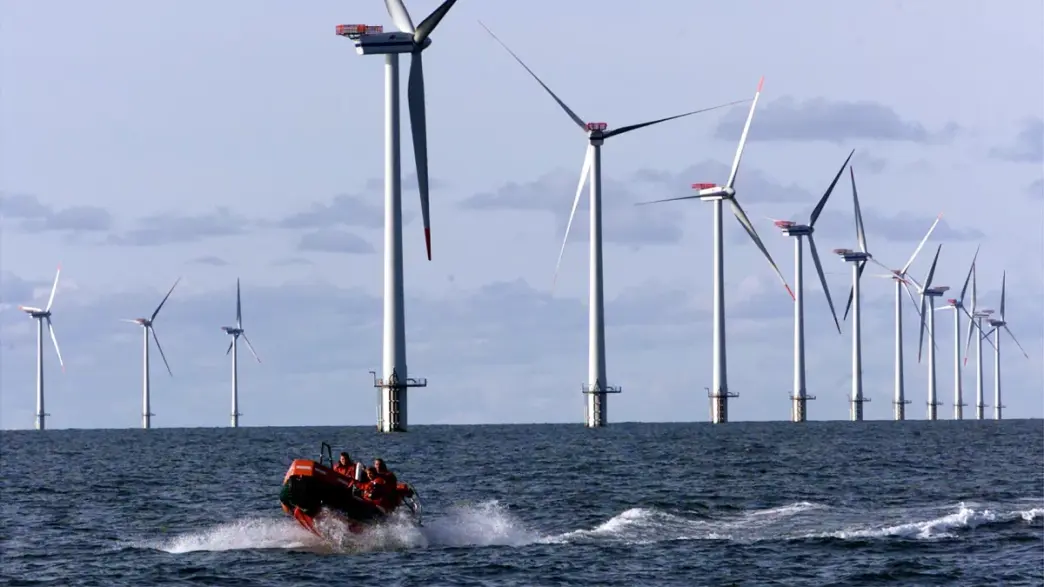Growth in renewable energy, a vital tool to curb dangerous climate change, is slowing due to policy changes in the United States and China and will miss a key global target, the International Energy Agency (IEA) reported Tuesday.
Two years ago, the world aimed to triple renewable energy output by 2030 to limit temperature rises.
The IEA now predicts this goal will fall short. Its latest report forecasts a 4,600 GW increase—2.6 times the 2022 level—down from last year’s estimate of 5,500 GW, citing “policy, regulatory and market changes since October 2024.”
In the United States, the forecast fell nearly 50 per cent because the Trump administration ended tax credits for renewables early and imposed stricter regulations.
In China, moving from fixed tariffs to auction systems disrupted project profitability, though China still leads global growth and is expected to meet its 2035 wind and solar targets five years early.

The outlook is more optimistic elsewhere. India is on track to meet its 2030 renewable targets, becoming the second-largest growth market, with capacity expected to rise 2.5 times in five years.
Forecasts for the Middle East, North Africa, Germany, Italy, Poland, and Spain were also revised upwards.
Solar panels accounted for roughly 80 per cent of global renewable growth over the past five years, followed by wind, hydro, biomass, and geothermal power.
Offshore wind projections were revised down due to policy shifts in key countries, particularly the United States.
The IEA noted that renewables are enhancing energy security by reducing fuel import needs and diversifying energy sources.
It added that electricity networks need greater flexibility to manage the intermittent nature of renewable power, which is expected to account for 30 per cent of global output by 2030—double the current share.


 Trending
Trending 











